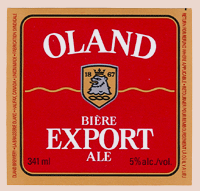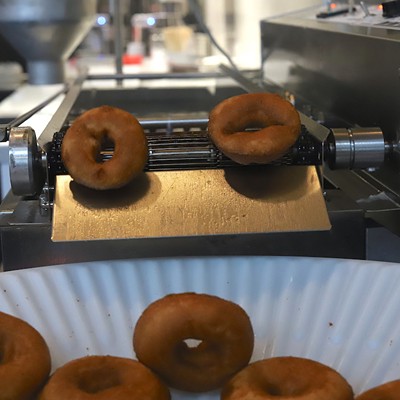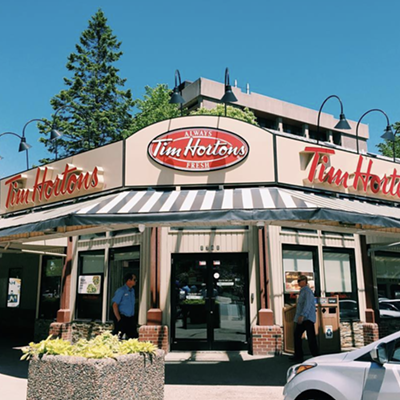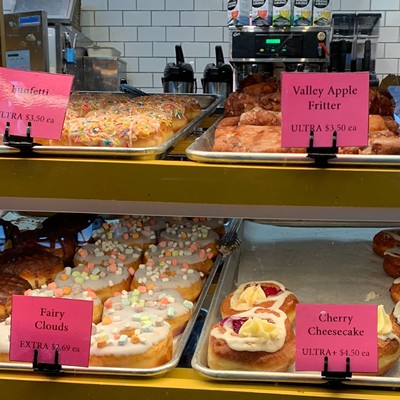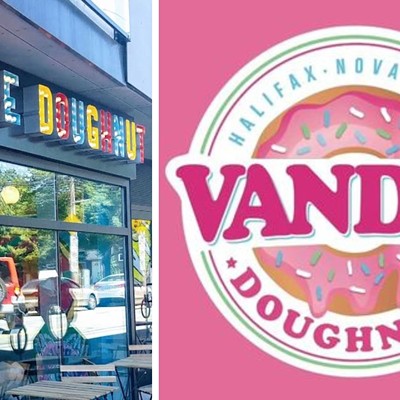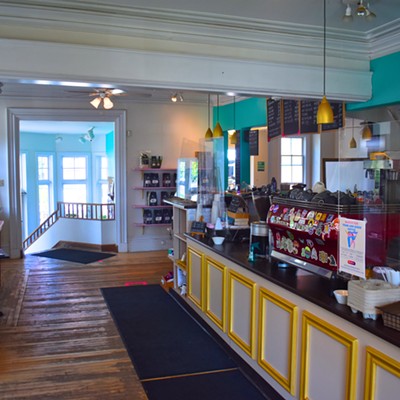If there’s a hoarded pile of empty two-fours in your basement doing nothing but collecting dust and smelling like must, listen up: the Oland Brewery needs you. It’s not a complete crisis (“We’re not going to run out of beer,” assures Labatt Breweries of Canada’s Wade Keller) but the Oland bottle shortage is an interesting reminder of just how much the local brewery is recycling, and a great way of starting the cans versus bottles conversation. Yesterday, allNovaScotia and the Chronicle Herald reported that the folks at Oland were experiencing a major bottle shortage, to the point that they were asking suds-loving patrons to get their butts (and their empties) to the bottle depot, stat.
Keller says the brewery started noticing the shrinking reserve of bottles during the last month. While the holiday season is a reliably demanding time of year in the beer biz, such a shortage isn’t necessarily normal. You see, of the 10 million dozen bottles of beer to come out of the Agricola Street brewery annually, about 98 percent are returned from across the province and reused, on average, about 17 times. “Beer companies got in on the benefits of recycling early,” says Keller. “It’s obviously cost saving, which ultimately benefits the consumer.” All local brewers use the same, industry standard bottle so that no matter the label, they can be reused anywhere, and can borrow from each other if need be. In this case though, even Oland’s competitors couldn’t help it out, which is what forced an order of 11 truck loads of new bottles (each carrying up to 60,000 bottles each)—a foreign move for the brewery, especially at this time of year.
Sure, the hustle bustle of the holidays probably stops people from returning as frequently, and Keller points out that perhaps in preparation for entertaining shoppers are buying more than usual, but consuming it slower than they regularly would, but there’s another layer, too. “The other big factor for us is that the float of bottles is smaller than it used to be,” says Keller. “More consumers are choosing to buy cans, over the years we’ve not been buying as many bottles because of that.” He says in all likelihood the cans-over-bottles choice usually comes down to convenience: cans are lighter, smaller and easier to transport. But also, cans are shedding their bad rap. “At one time a stigma around cans,” says Keller. “Years ago you'd here people say they didn't like the taste out of the can. I’d challenge people to taste the difference now.”
After you’ve finished frantically drinking from, and returning all of the bottles from your Christmas stash (only to help out dear Oland, right?), riddle me this: do you care whether your beer comes from aluminum or glass?

